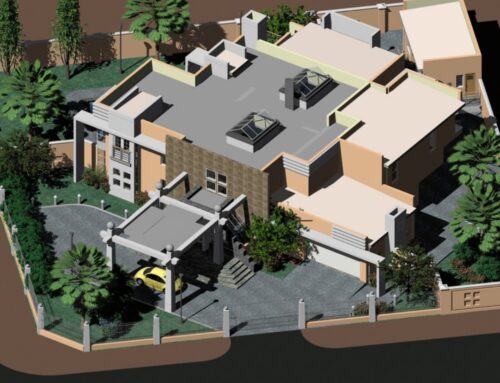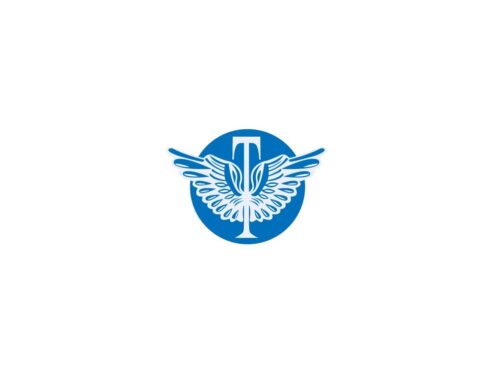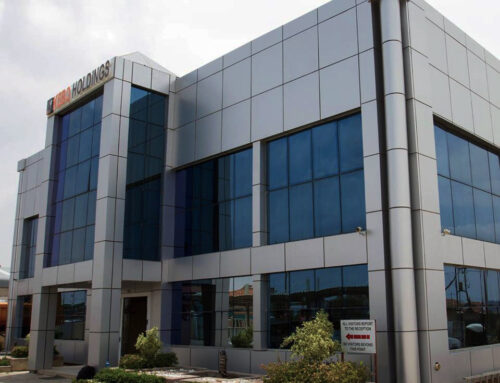
In a strong commitment to fighting corruption, in 1994 Botswana’s government established the Directorate on Corruption and Economic Crime (DCEC), an autonomous law-enforcement agency reporting directly to the President of Botswana. Rose Seretse, Director General since 2009, explains the DCEC’s activities and highlights the agency’s successful efforts to make Botswana one of the least-corrupt countries in the world.
European Times: What are some of the DCEC’s recent achievements?
Rose Seretse: Within the last five years, we have managed to bridge the gap between the community and the DCEC. In the past, the DCEC was seen as Botswana’s only tool to fight corruption; the general population did not take responsibility for this task. The DCEC established Community Anti-Corruption Clubs to sensitise members of the public about corruption and report suspicious activities. Now ordinary people in local communities are playing a critical role in the fight against corruption. Anyone who informs the DCEC about possible corruption can count on complete anonymity. The DCEC also established Anti-Corruption clubs in Secondary Schools to teach the youth about corruption. The DCEC has special teams to deal with corruption investigations and is proud of Botswana’s 70% conviction rate in corruption cases in the courts. Today, Botswana is ranked the least corrupt country in Africa and the DCEC is widely known as a benchmark in the fight against corruption. Anti-Corruption organisations from all over the world come to Botswana to learn about our strategies, and Botswana was chosen to be the home of Commonwealth Africa Anti-Corruption Centre.
European Teams: How is Botswana working to eliminate corruption in the public sector?
Rose Seretse: The President of Botswana himself is personally committed to combating corruption; he was very instrumental in the establishment of Anti-Corruption units in Ministries. These anti corruption units conduct preliminary investigations within the respective Ministry and refer matters that need further investigations to DCEC or the Police. Each Ministry also has a Corruption Prevention Committee. The draft legislation on whistle blowing which will protect whistle blowers is at an advanced stage.
European Times: What are your goals for the DCEC?
Rose Seretse: The DCEC wants Botswana to be seen not only as a model for Anti-Corruption measures in Africa but also internationally, so we continuously review our strategies to stay up to date with global Anti- Corruption standards. One of the goals is to reduce the DCEC case load from 20 to 10 cases per investigator. International investors should know that Botswana is ranked 31 out of 175 countries on transparency International Perception Index making Botswana one of the least corrupt countries in the world. Investors can come to Botswana with the confidence that Botswana has zero tolerance to corruption





